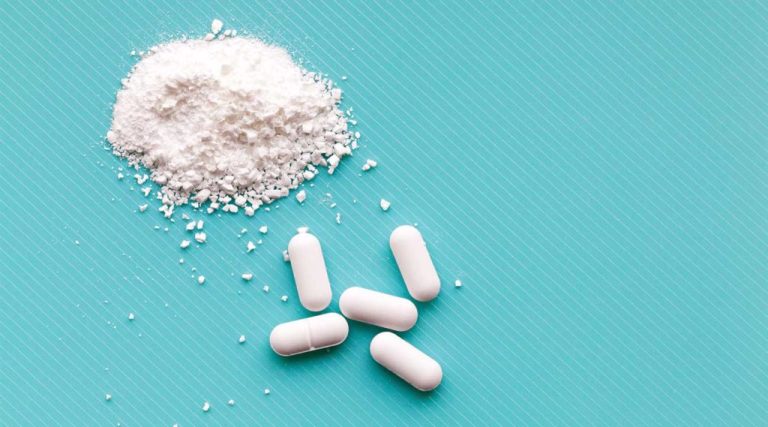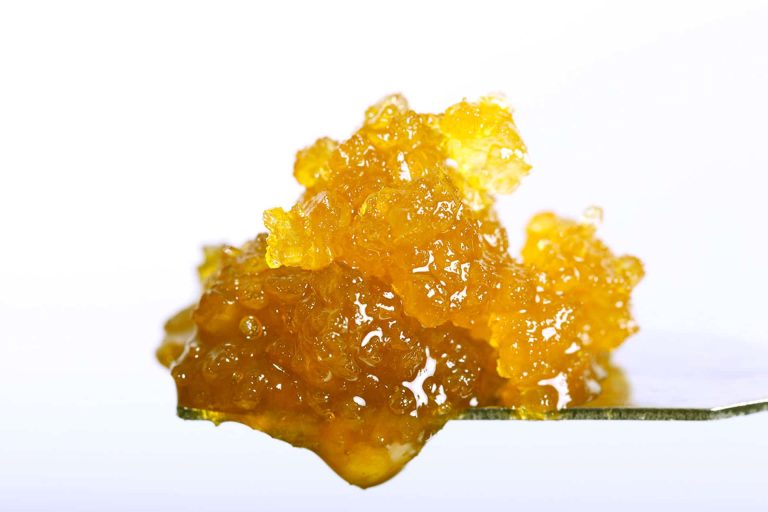
Amanita mushrooms have a place with the Amanitaceae family and incorporate various species, some of which are exceptionally poisonous and others which are psychoactive. The most notable psychoactive Amanita species is Amanita muscaria, otherwise called the fly agaric. Understanding its dynamic mixtures is essential to understanding its belongings and expected utilizes. The psilocybin vs amanita muscaria is less studied due to its toxicity.
Muscimol
Muscimol is the essential psychoactive compound found in Amanita muscaria. An intense psychoactive alkaloid goes about as a GABA agonist. GABA (gamma-aminobutyric corrosive) is an inhibitory synapse in the mind, and muscimol ties to GABA receptors, prompting calming and entrancing impacts. Muscimol is responsible for the psychedelic and psychoactive properties of Amanita muscaria.
Ibotenic Corrosive
Ibotenic corrosive is one more compound found in Amanita muscaria, and it is a prodrug of muscimol. When ibotenic corrosive is ingested, it is to some extent decarboxylated in the body to shape muscimol. This transformation interaction adds to the psychoactive impacts of the mushroom. Notwithstanding, ibotenic corrosive itself is neurotoxic and can cause side effects like queasiness, regurgitating, and neurological aggravations.
Different Mixtures
Beside muscimol and ibotenic corrosive, Amanita mushrooms might contain different mixtures, some of which can be poisonous. For example, other Amanita species, for example, Amanita phalloides (demise cap) contain dangerous poisons, for example, amatoxins and phallotoxins, which can cause extreme liver and kidney harm.
Pharmacological Impacts
The pharmacological impacts of Amanita muscaria are fundamentally due to muscimol and its activity on the GABA receptors. These impacts incorporate sedation, unwinding, adjusted discernment, visual bends, and now and again, pipedreams. The intensity and nature of these impacts can change broadly contingent upon variables like measurement, individual responsiveness, and arrangement techniques. The consumption of psilocybin vs amanita muscaria carries risks and should be approached with caution due to the variability in effects and potential for adverse reactions.







